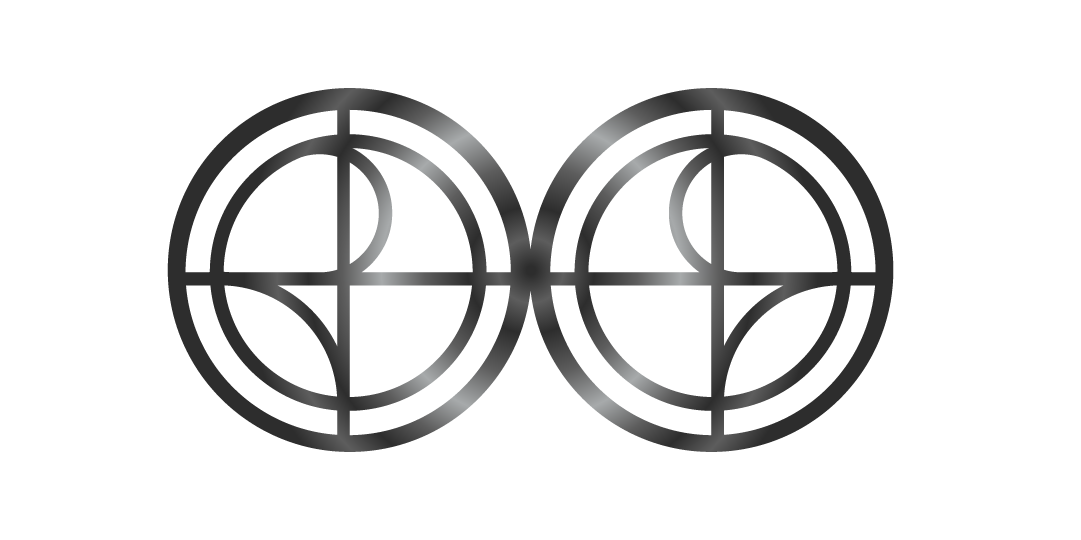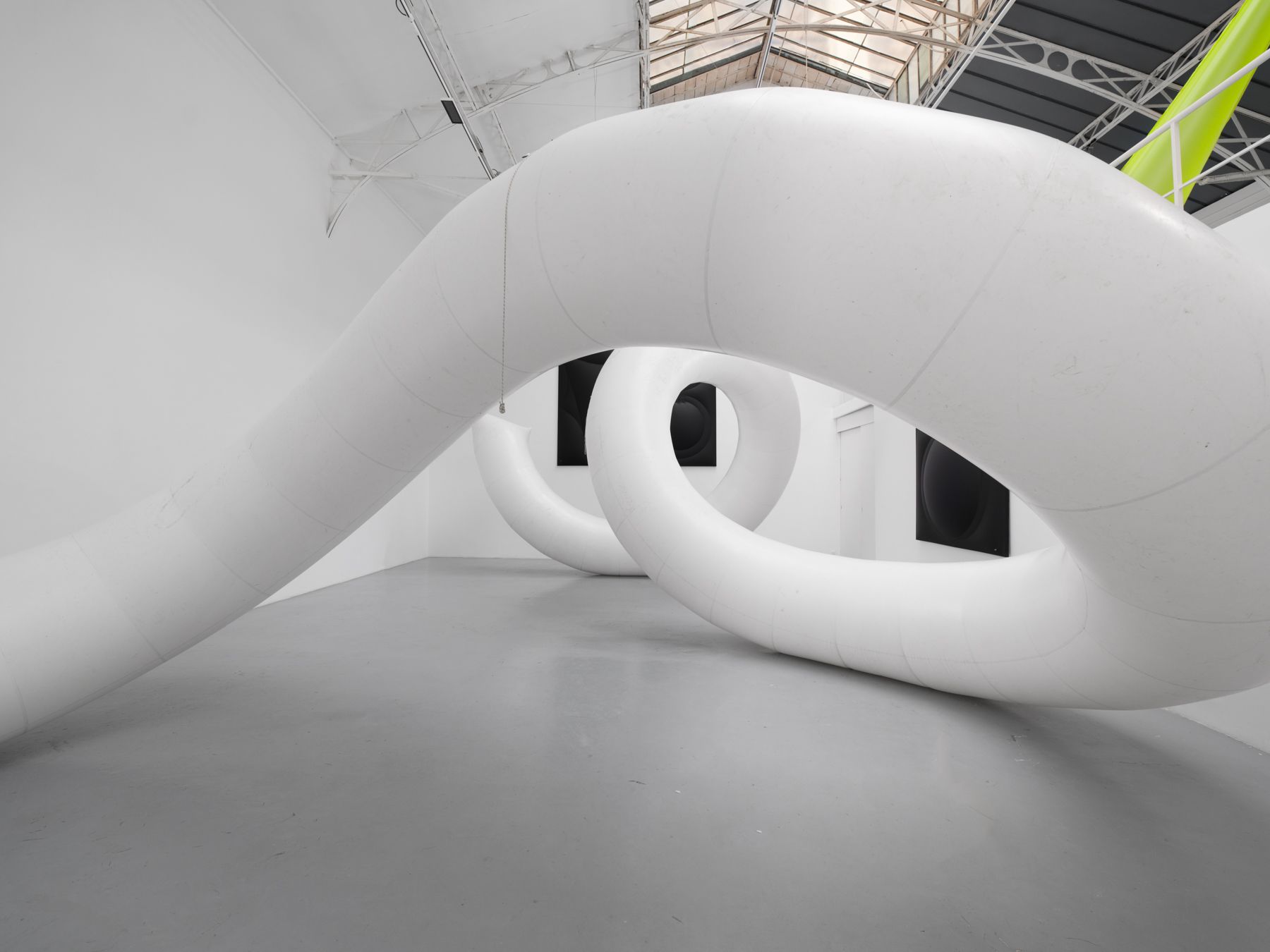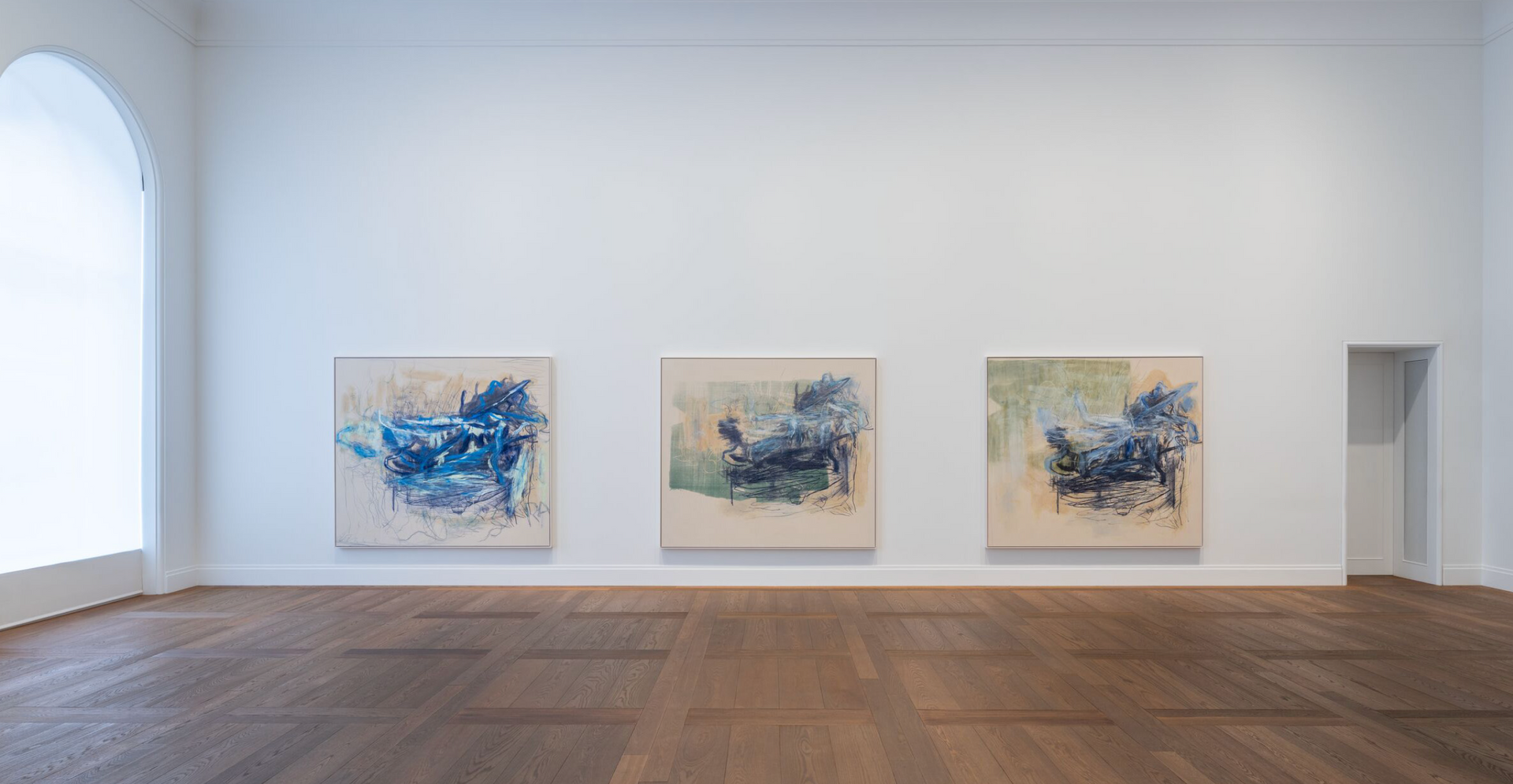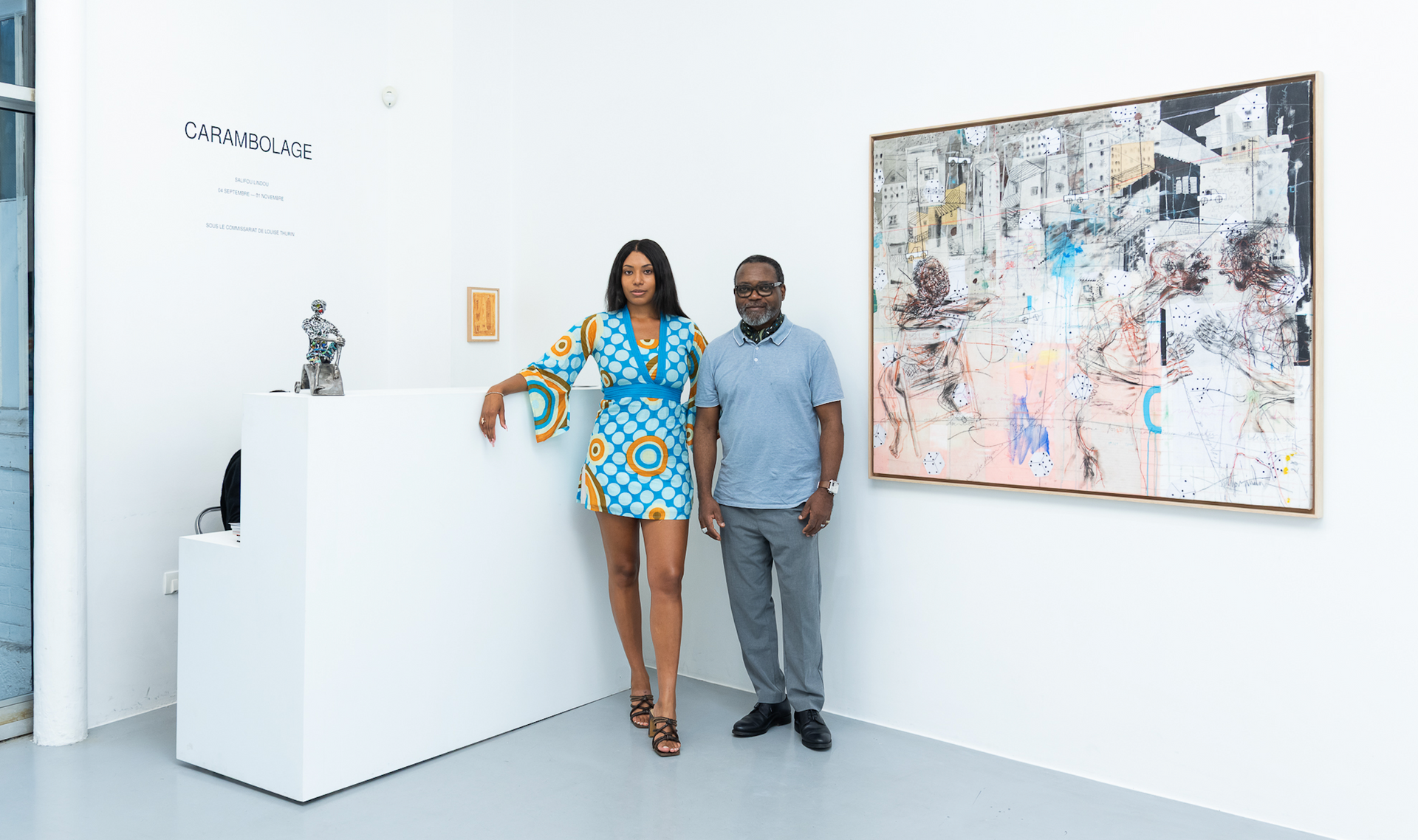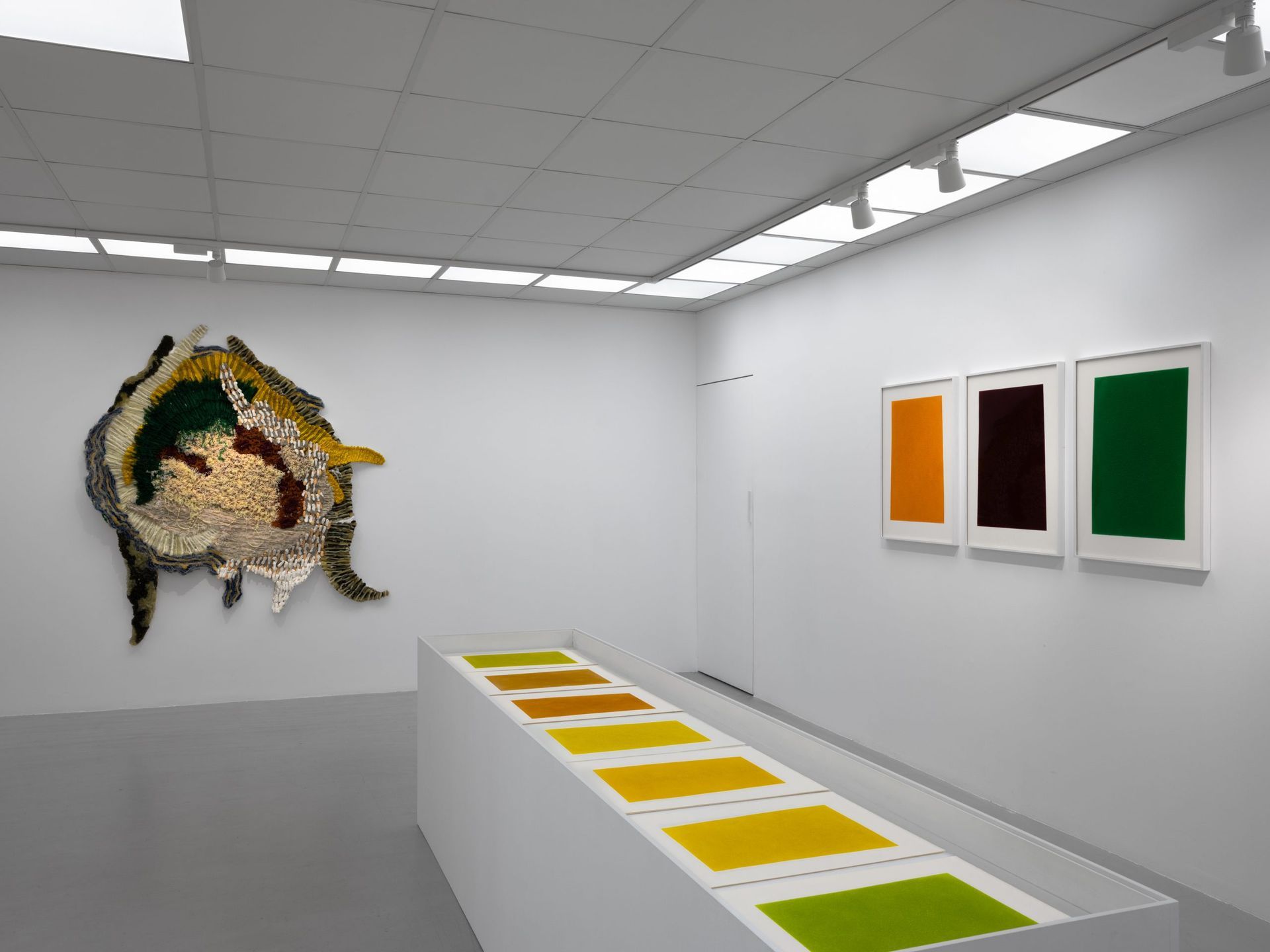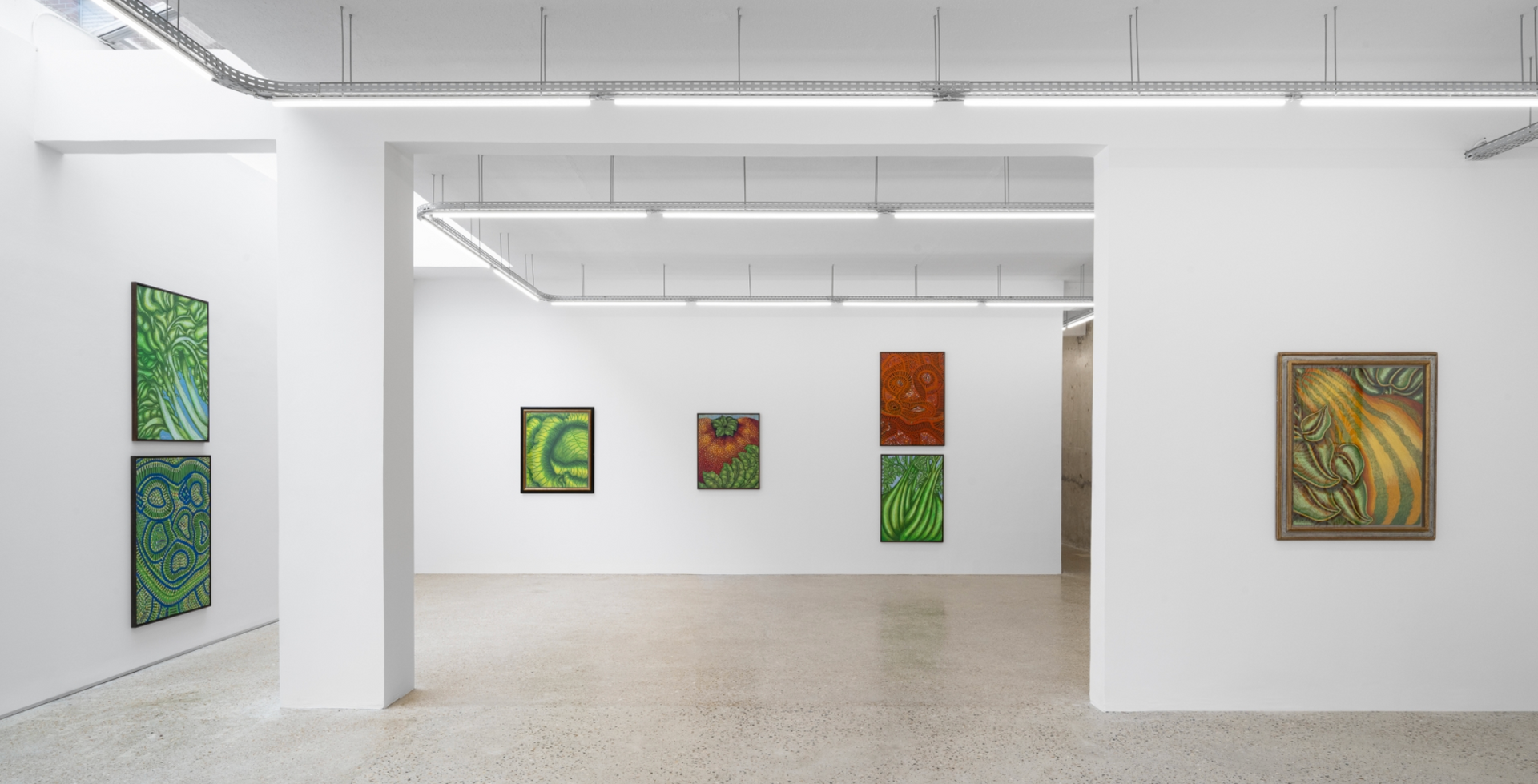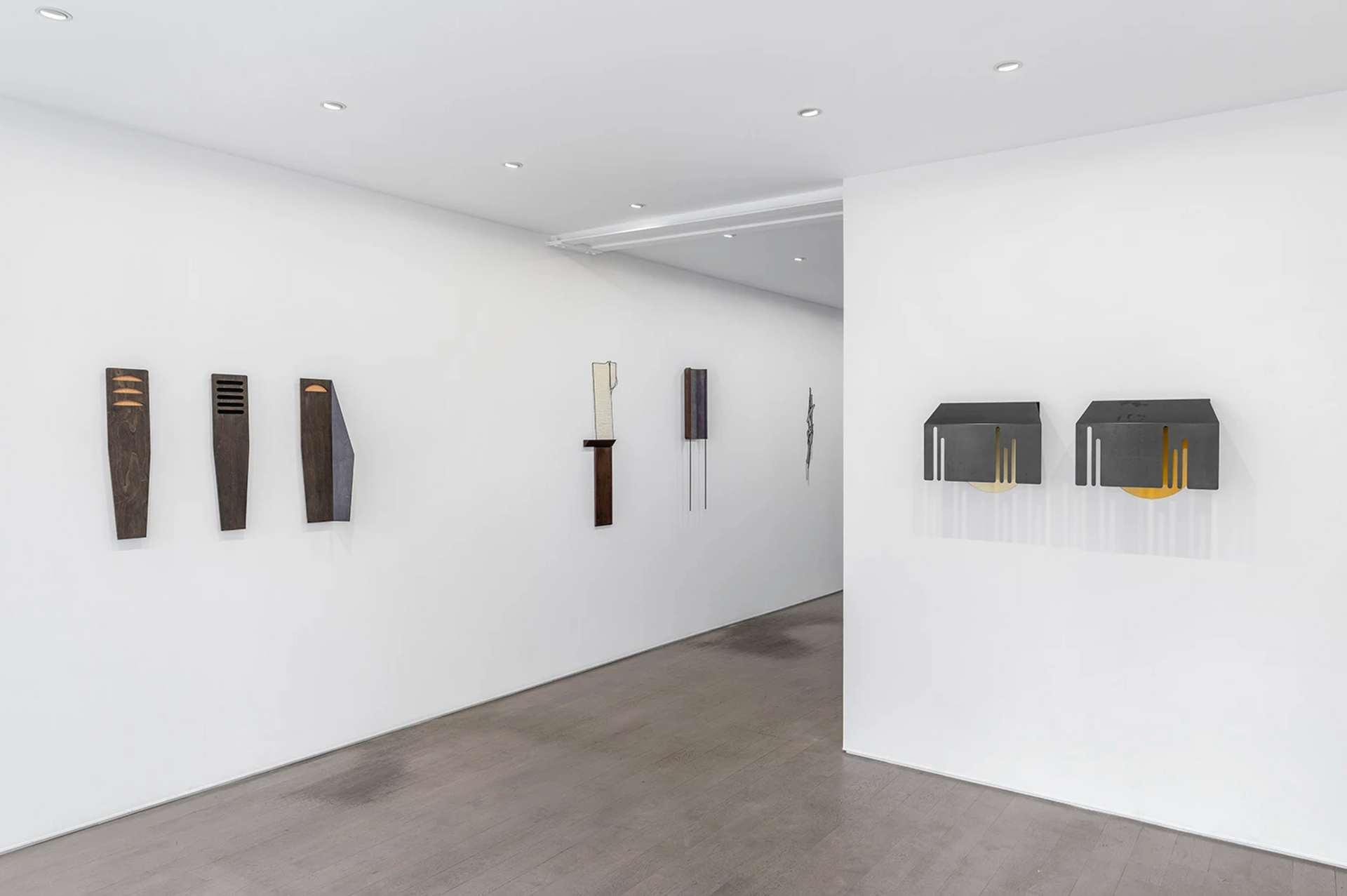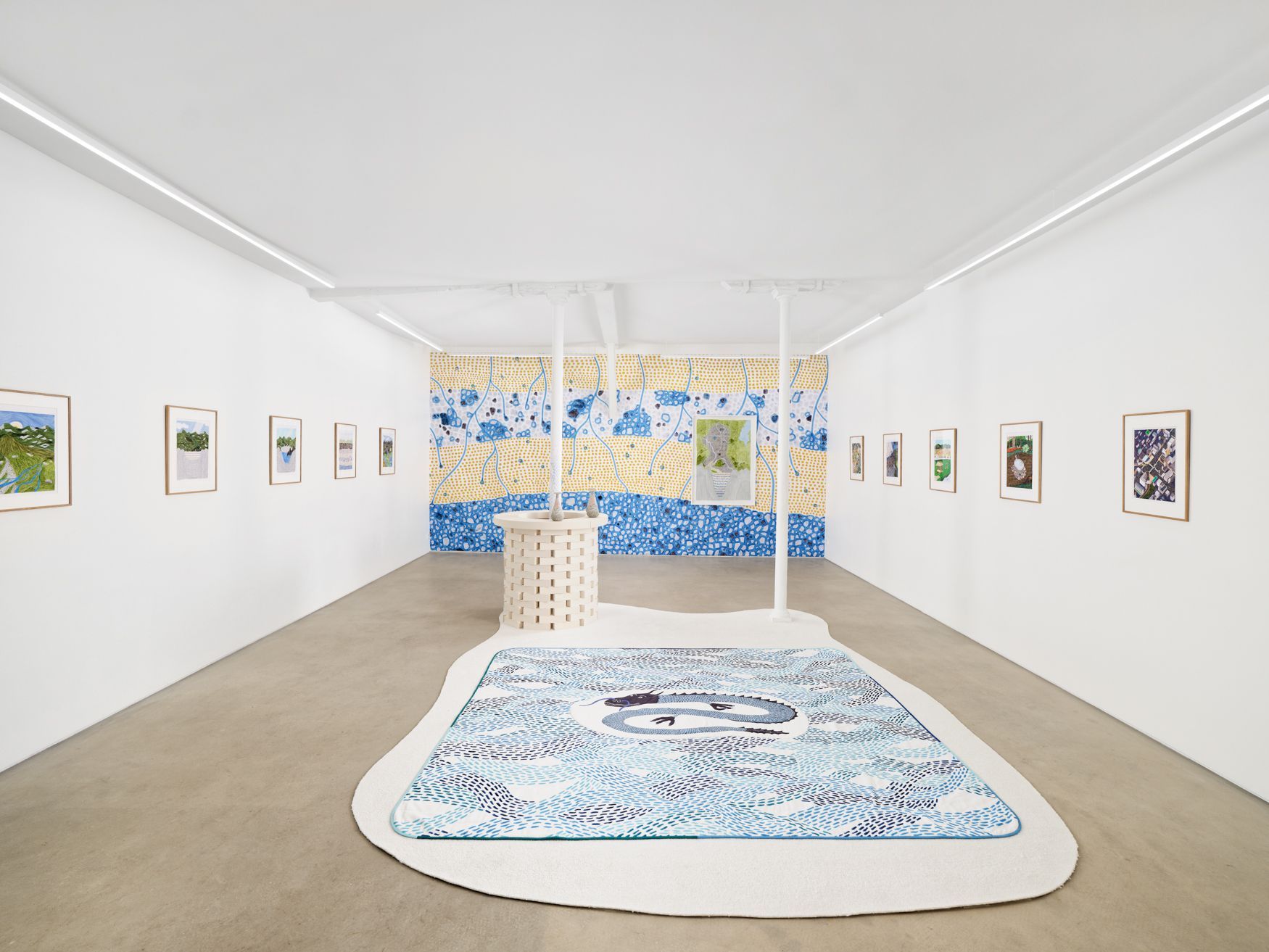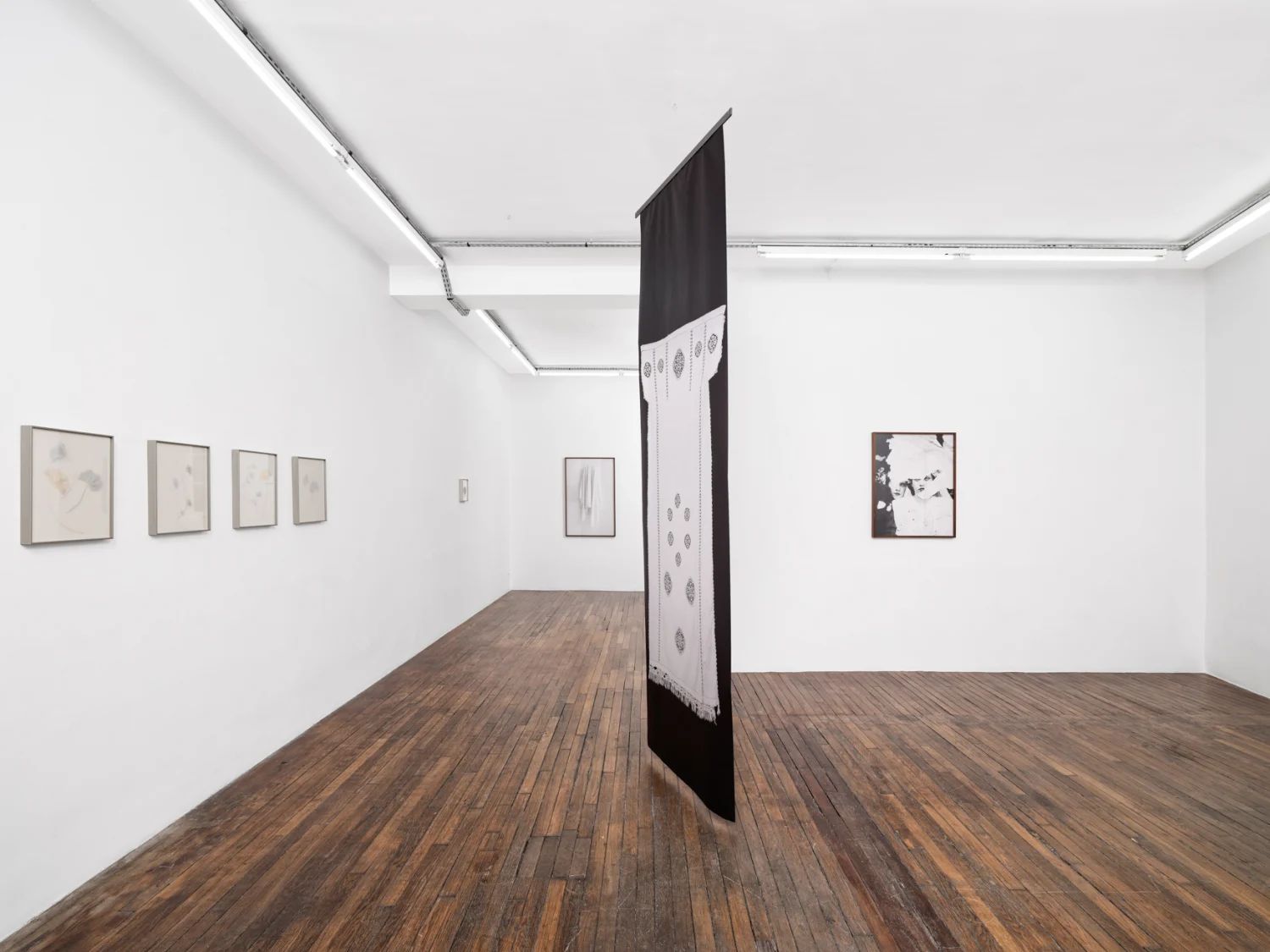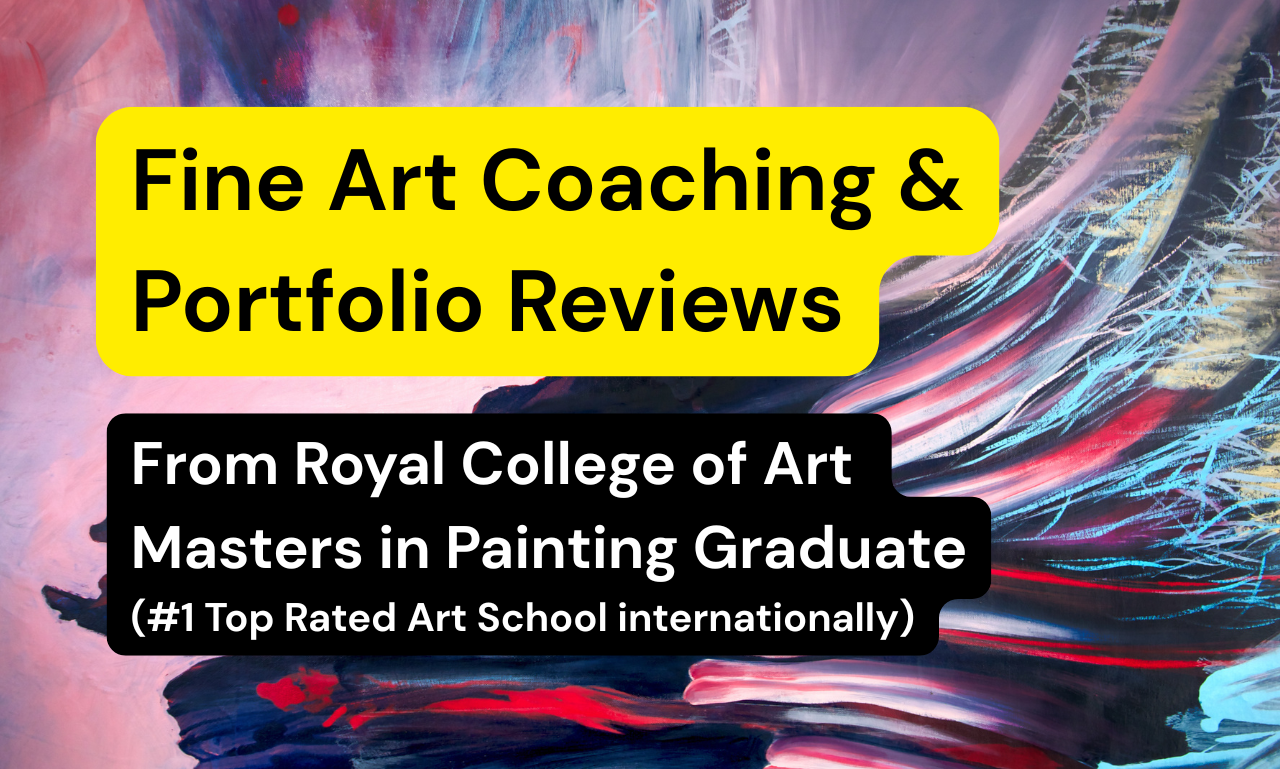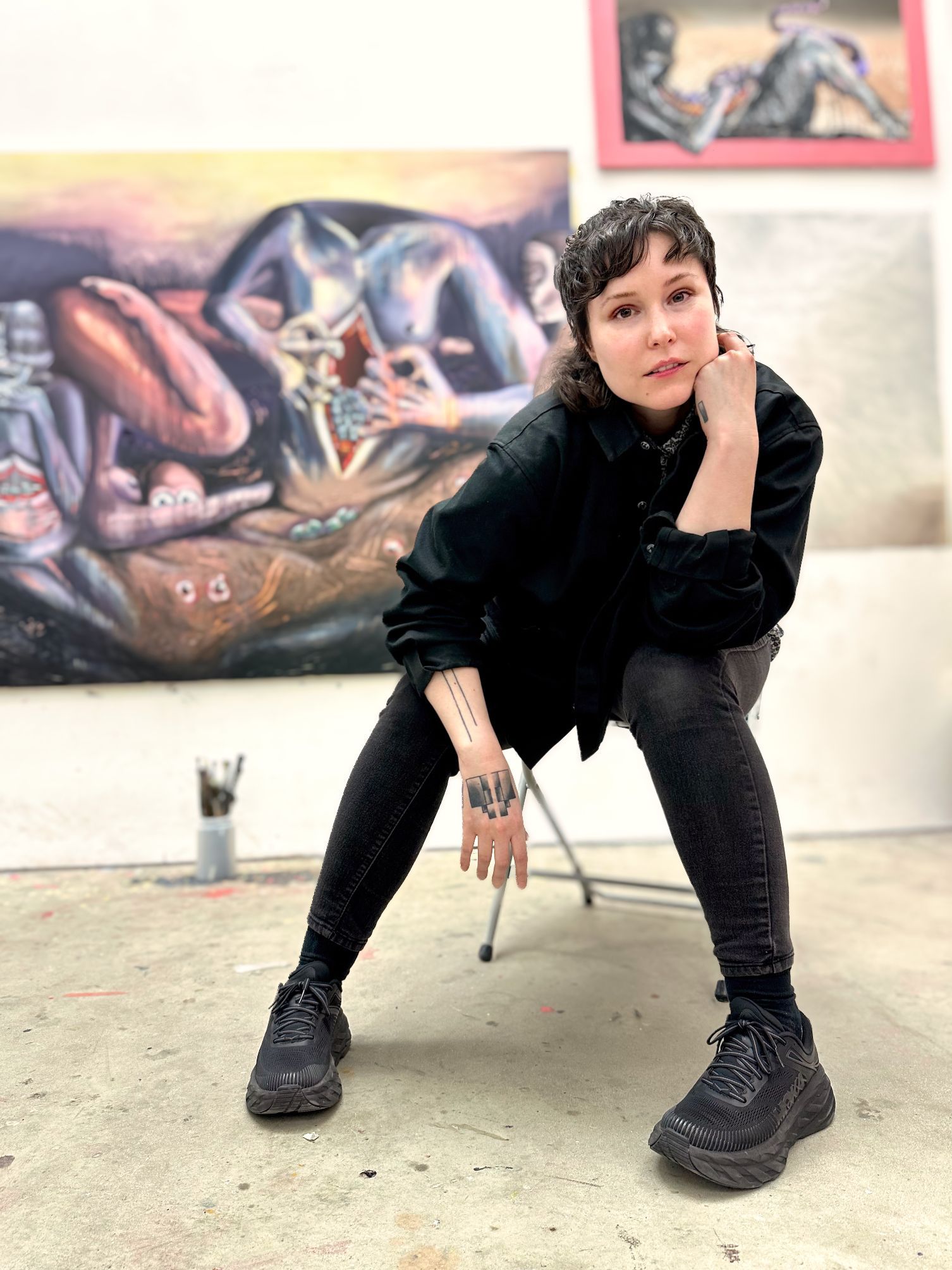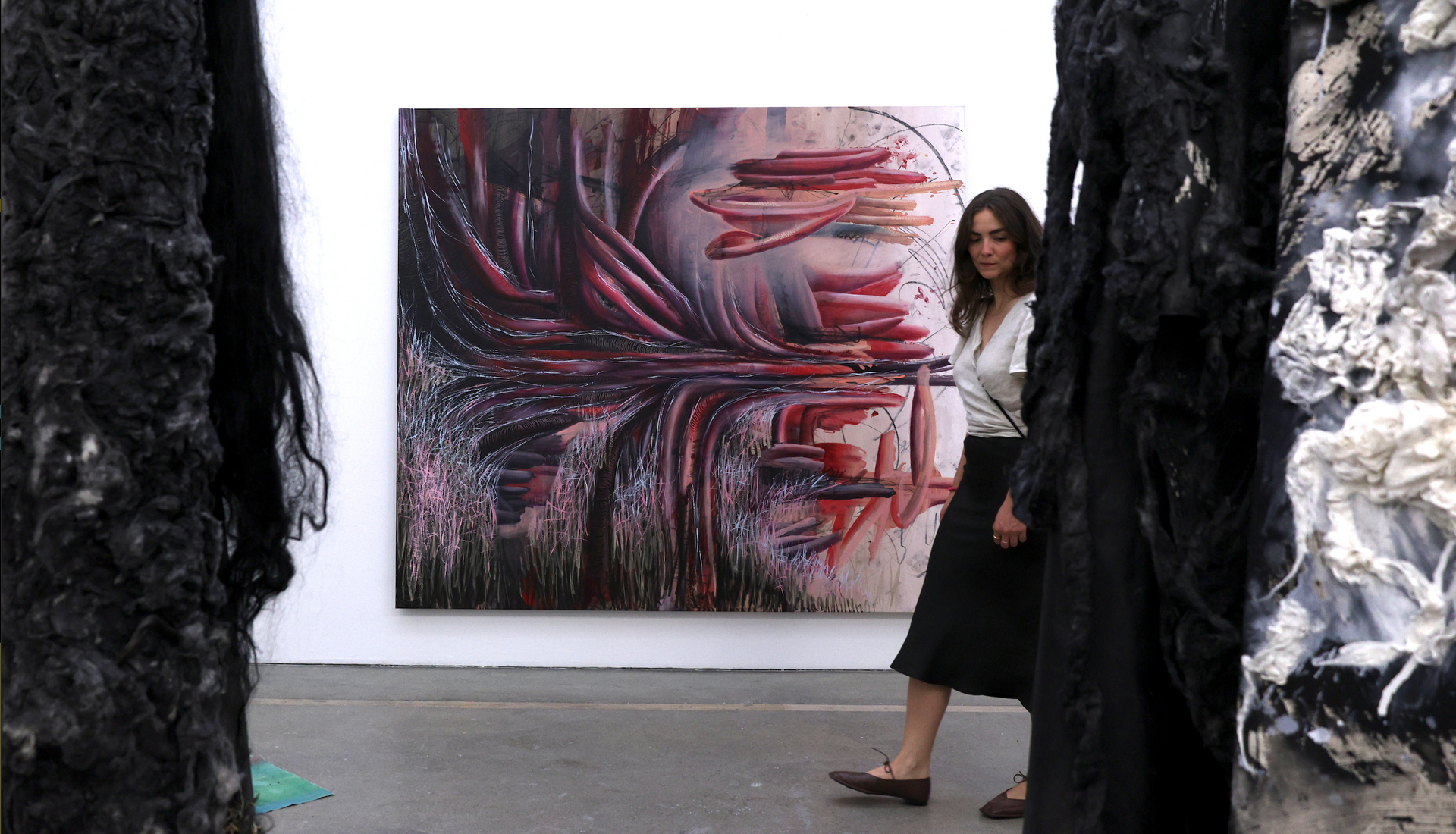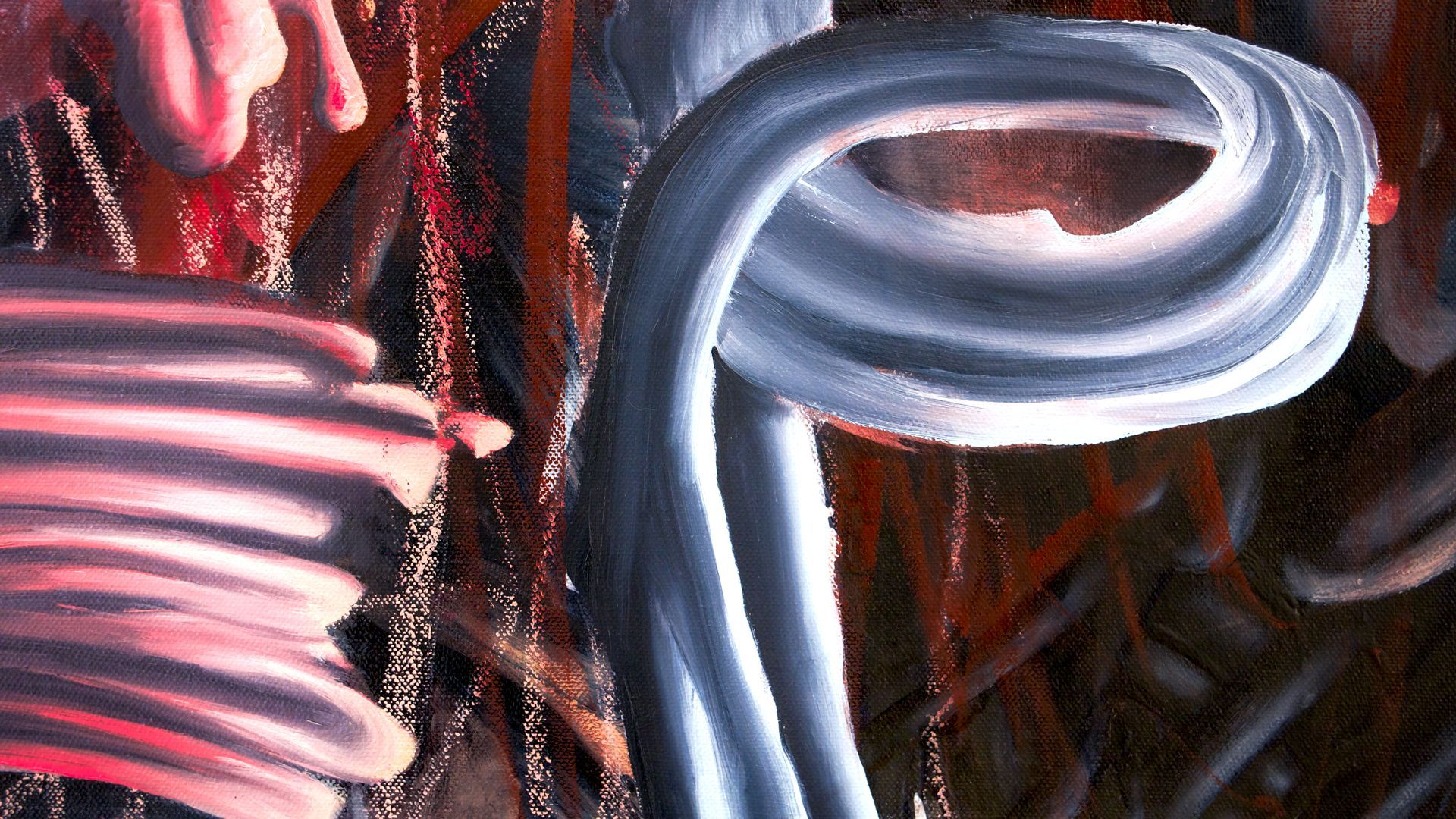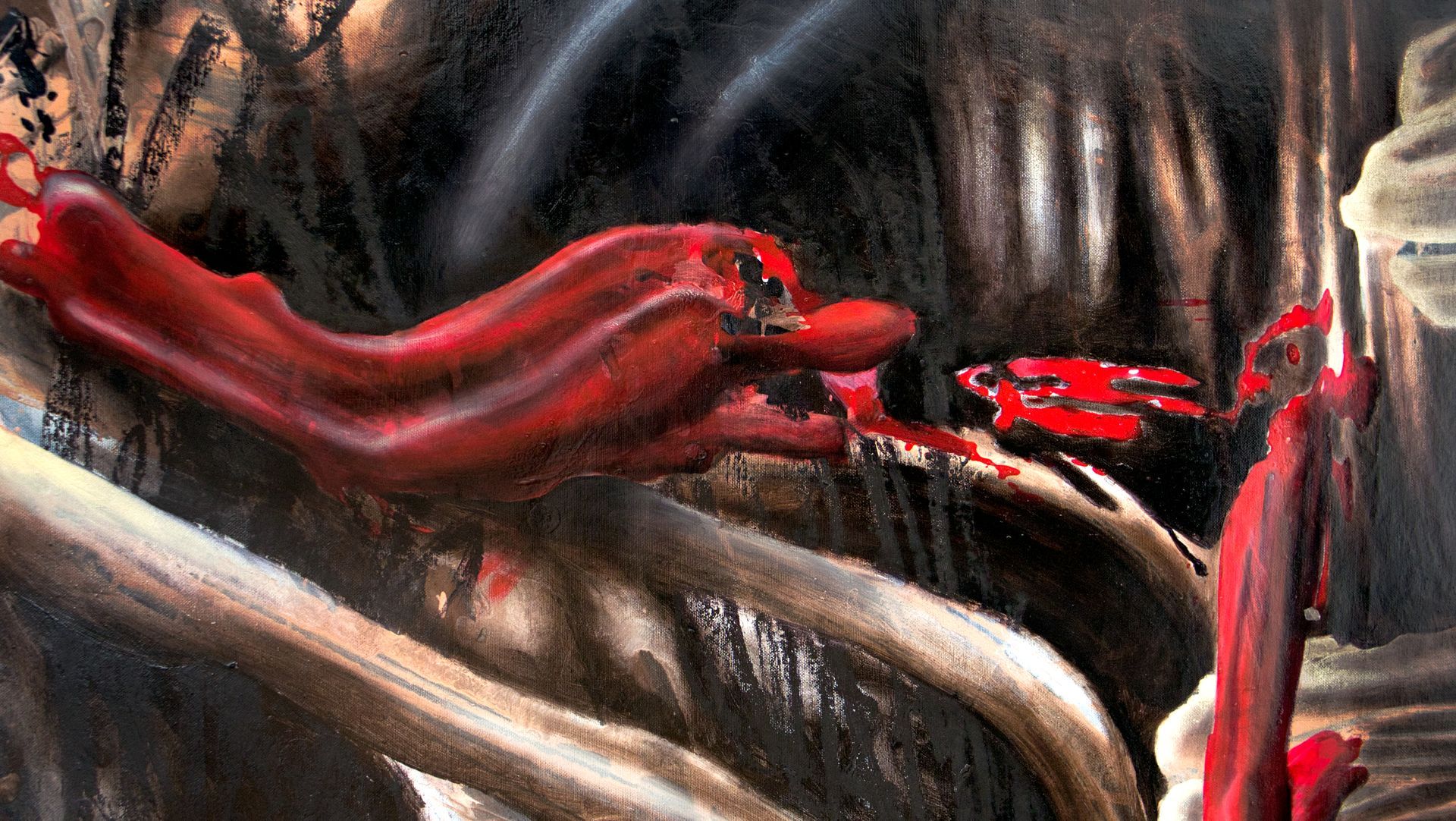Monumental forms, material innovation, retrospective scale, and the painterly expanded—how Paris galleries are shaping the art landscape ahead of Art Basel.
Paris Rentrée 2025: 8 Exhibitions to See Ahead of Paris Art Basel
As Paris heads into Art Basel this October, its rentrée exhibitions make clear what the city is offering to the global field of contemporary fine art. Galleries are presenting shows that stretch painting into new materials, recast sculpture through the language of painting, stage retrospectives with museum-level depth, and reaffirm that traditional oil on canvas still carries weight today. As a painter tuned to how these shifts ripple through the medium, I experienced the rentrée not just as an observer but as someone reading its signals. Paris delivers material innovation, historical reflection, and canon formation, showing how art can push boundaries while staying critically and visually exacting.
1. Traditional Painting in Transition
Hauser & Wirth Paris
— Rita Ackermann, Doubles (11 June – 4 October 2025)
Rita Ackermann’s Doubles presents oil on canvas and large-scale drawings that work with duality, inversion, and absence. The show draws on Virilio and Godard for conceptual weight, while remaining firmly in the terrain of painting. In a rentrée season where many exhibitions expand into new materials, Doubles offers a counterpoint: the square canvas itself becomes a site of recursion and transcendence. Double frames emerge within individual works, and entire canvases reflect one another, creating images that double back on themselves. Ackermann is in the process of being canonized, and this exhibition shows why, giving Paris a moment where painting affirms its strength through form and concept alike.
2. A Gallery-Scale Retrospective with Depth
AFIKARIS
— Salifou Lindou, Carambolage (Carom Shots) (4 September – 1 November 2025)
This exhibition runs 4 September through 1 November 2025 at AFIKARIS. Curated by
Louise Thurin (who co-curated FEMMES at Perrotin with Pharrell Williams), Carambolage assembles twenty-five years of Salifou Lindou’s work. The show resists linear chronology, letting recurring elements—corrugated iron, urban forms, figurative hints—intersect across decades. Thurin’s approach treats Lindou’s œuvre not as moments but as sustained inquiry into form, memory, and surface. This is Paris offering retrospective rigor in a gallery context, situating Lindou’s visual language with historical gravity.
3. Material Expansion of Painting
Galerie Poggi
— Who’s Afraid of Red, Yellow, Pink and Green (4-20 September 2025 - LAST DAYS)
At Galerie Poggi, painting is extended materially. Troy Makaza’s
These Drugs Don’t Work (2022) (image left) uses silicone with painterly force, threads spread over surface as though pigment itself. Alongside works by Christian Bonnefoi, Seffa Klein, Georges Tony Stoll, and Kees Visser, this exhibition shows painting’s renewed capacity when materials shift. While the title nods to color field history, the show asserts that Paris is a place where painting evolves through substance. Poggi gives viewers a vision of painting’s potential without sacrifice of its visual power.
4. Rediscovered Voices & Hybrid Imaginaries
Galerie Crèvecœur — Emma Reyes, Naturaleza Muerta Resucitando (5 September – 29 November 2025)
Galerie Crèvecœur presents the first Paris solo of Colombian artist Emma Reyes (1919–2003), a self-taught painter whose work blends memory, migration, and hybrid cultural forms. Reyes’s paintings move between floral surfaces, chimeric figures, and compositions that echo embroidery, grounding her practice in lived experience rather than formal schooling. The exhibition spans five decades, supplemented by archival materials, and follows recent institutional recognition at MAMCO Geneva and CAPC Bordeaux. In Paris, her work enters an international setting where painting’s expanded field is actively debated. The exhibition underscores how the city not only stages innovation but also recovers and reframes overlooked histories within the global narrative of contemporary art.
5. Painterly Sculpture and New Platforms for Paris
Brigitte Mulholland Gallery
— Niamh O’Malley (4 September – 11 October 2025)
Niamh O’Malley’s solo with Brigitte Mulholland was a highlight of Paris Design Week, showing how design and fine art can merge successfully. O’Malley’s sculptures quietly echo the language of painting: thin metal lines suggest the delicacy of drips, while glass panes hold and diffuse light like translucent washes. These painterly associations appear in small details, giving the works a restrained intensity. Alongside this exhibition, Mulholland is asserting her role in the Paris scene by launching an independent showcase from 19–25 October 2025 at 7 Rue Froissart, gathering about seven galleries. Positioned as an alternative to the
cancelled NADA Paris fair and running parallel to Art Basel, this initiative underscores her presence in shaping the city’s art landscape. Mulholland’s upcoming projects demonstrate how galleries now define themselves not only through representation but also through the platforms they build.
6. Subterranean Worlds and Ecological Imaginaries
Galerie Pavec — Isabelle Daëron, Water Calling: L’Appel de l’Eau (5 – 27 September 2025)
In Water Calling, Isabelle Daëron translates research on Kyoto’s underground water table into drawing, installation, and object. Curated with Yoshiko Nagai, the exhibition transforms scientific mapping into intimate cartographies and poetic gestures. A well-like installation anchors the space, while ceramic chantepleures adapted from medieval models merge function with ritual. Daëron’s painterly use of marker expands drawing into a language aligned with the discourse of expanded painting, turning data into visual rhythm. With this exhibition, Galerie Pavec positions itself as a space bringing ecological and cross-cultural inquiry into Paris, asserting how contemporary art makes visible what is usually hidden.
7. Concepts Made Visible Through Material
Dvir Gallery
— Time Will Tell and Paper Veil (4 September - 18 October 2025)
Dvir Gallery’s dual presentation
Time Will Tell and
Paper Veil translates ideas into form.
Time Will Tell draws from neon, altered objects, and light to materialize time.
Paper Veil by Dor Guez uses layered photographs and torn paper to explore memory and erasure. The contrast between luminous presence and fragile surface shows how conceptual art must be grounded in matter to resonate. Paris benefits from this pairing because it underscores that ideas alone are necessary but not sufficient—material presence gives them force.
8. The Monument Reconsidered
Galerie Hussenot
— Franco Mazzucchelli, Is It Yours? Is It Mine? (4 September - 11 October 2025)
At Galerie Hussenot, Franco Mazzucchelli’s exhibition revisits his inflatables from the 1960s and his later wall-reliefs. The outdoor public presence of the Art to Abandon works and the more traditional reliefs together illuminate a tension between collective reach and institutional setting. This is a show that asks what monument means today: how art operates in public life, in objecthood, in display. For Paris, this exhibition highlights how historical practices of radical form still have relevance.
What Paris Offers in the Expanded Art World
On the eve of Paris Art Basel, in the post-Brexit era when many galleries have relocated or expanded in Paris, the city is offering more than visibility. It is offering terrain. The rentrée exhibits make material innovation visible, present galleries staging platform-making alongside showing art, elevate retrospective and historical weight, extend painting into new materials, and affirm that tradition still carries power. What builds here is infrastructure of practice: not just new art but renewed institutions, modes of display, and platforms. Paris is becoming a node where the expanded art world converges.
